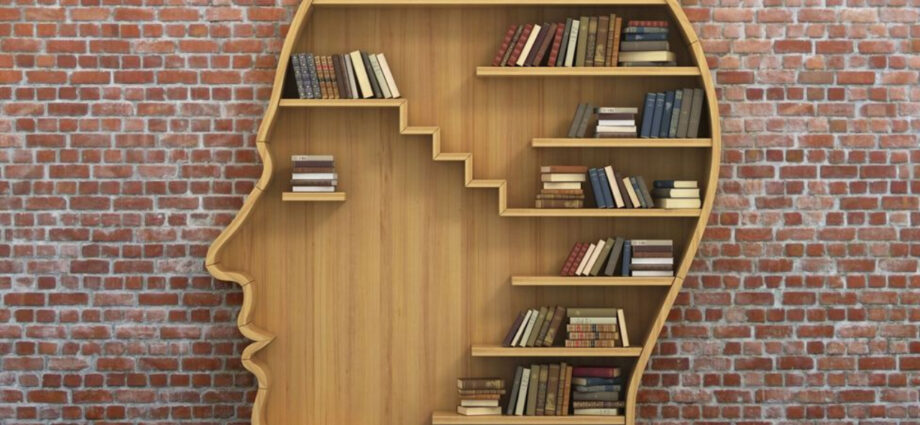In today’s digital age, where e-books and online platforms dominate the reading landscape, the question arises: can physical books still hold value as collectibles? While the shift towards digital reading has undeniably impacted the publishing industry, physical books continue to captivate readers and collectors alike. In this article, we will explore the factors that contribute to the collectibility of physical books, discuss the various aspects that make a book valuable, and delve into the future of book collecting.
Introduction
The advent of digital reading devices has revolutionized the way we consume literature. With the convenience and accessibility offered by e-books, it’s natural to wonder if physical books will eventually lose their appeal as collectible items. However, the allure of holding a tangible book, flipping through its pages, and experiencing the sensory aspects of reading remains unparalleled. Physical books possess a unique charm that can evoke nostalgia and emotional connections, making them prime candidates for collectibility.
What Makes Books Collectible?
Several factors contribute to the collectibility of physical books, making them coveted by bibliophiles and collectors worldwide. These factors include rarity, author signatures, first editions, limited editions, book condition, historical significance, cultural significance, and popularity within specific genres. Let’s explore each of these elements in more detail.
Rarity and Scarcity
One of the primary drivers of a book’s collectibility is its rarity and scarcity. Books that were published in limited quantities or have become rare due to the passage of time, destruction, or loss gain significant value in the collector’s market. Scarce editions can include early printings, privately printed books, or books from small publishing houses that had limited distribution.
Author Signatures
Books bearing the author’s signature or inscription can significantly enhance their value. Signed copies establish a direct connection between the author and the reader, making them highly sought after. The rarity of signed books increases when the author has passed away or when the signature is accompanied by a personal note or drawing.
First Editions
First editions hold a special place in the world of book collecting. These are the initial printings of a book and are highly valued by collectors. First editions often include unique features such as original dust jackets, special illustrations, or typographical errors that were corrected in later printings. The scarcity of first editions, especially for popular authors or significant literary works, adds to their collectibility.
Limited Editions
Limited editions refer to books that are printed in a restricted quantity, often accompanied by additional features that make them exclusive. These can include illustrations by renowned artists, unique bindings, or being part of a numbered series. Limited editions are often produced with superior craftsmanship and materials, appealing to both readers and collectors.
Book Condition
The condition of a book is a crucial factor in determining its collectible value. Books in excellent condition, with minimal wear, clean pages, and intact dust jackets, are highly sought after. Collectors value books that have been well-preserved over time, maintaining their original state as closely as possible.
Historical Significance
Books that have played a pivotal role in shaping history or have documented significant events often become highly collectible. These can include first-hand accounts, rare manuscripts, or books that have had a profound impact on society. Historical significance adds an extra layer of desirability for collectors who appreciate the connection between literature and the past.
Cultural Significance
Books that have made a significant impact on culture, whether through their influence on other works or their representation of a particular era or social movement, become sought after by collectors. These books become cultural artifacts, embodying the spirit and essence of their time, and are valued not only for their literary content but also for their cultural relevance.
Popular Book Genres
Certain genres, such as science fiction, fantasy, crime, or classic literature, have dedicated fan bases that actively seek collectible editions of their favorite works. Limited editions, special illustrations, or signed copies within these genres can hold substantial value due to the demand from passionate readers and collectors.
Investing in Book Collecting
Book collecting can be a rewarding hobby and even a potential investment. While it’s essential to collect books that genuinely resonate with your interests, considering their potential value over time can be a prudent approach. However, it’s important to note that the book market, like any investment market, can be subject to fluctuations and trends. It’s advisable to research, seek expert opinions, and invest in books that you genuinely appreciate to ensure long-term enjoyment.
Preservation and Care
Preserving collectible books is crucial to maintain their condition and value. Proper storage, handling, and care can help prevent damage from environmental factors, pests, and wear over time. Protective measures such as acid-free storage boxes, controlled temperature and humidity, and gentle cleaning techniques can prolong the lifespan of your collectible books.
Future of Collectible Books
While the digital age has undoubtedly transformed the publishing landscape, physical books continue to thrive. The nostalgia, aesthetic appeal, and emotional connection associated with physical books make them timeless treasures. Furthermore, the rise of the collector’s market and the enduring demand for rare and unique editions indicate that physical books will retain their value as collectibles for the foreseeable future.
Conclusion
In a world increasingly dominated by digital reading, physical books hold a special place as collectible items. The rarity, historical and cultural significance, author signatures, and other factors contribute to the allure and value of collectible books. While the future of book collecting may evolve alongside technological advancements, physical books will continue to enchant collectors and readers alike. So, whether you’re an avid reader, a passionate collector, or someone intrigued by the world of book collecting, the value of physical books as collectibles remains unwavering.











